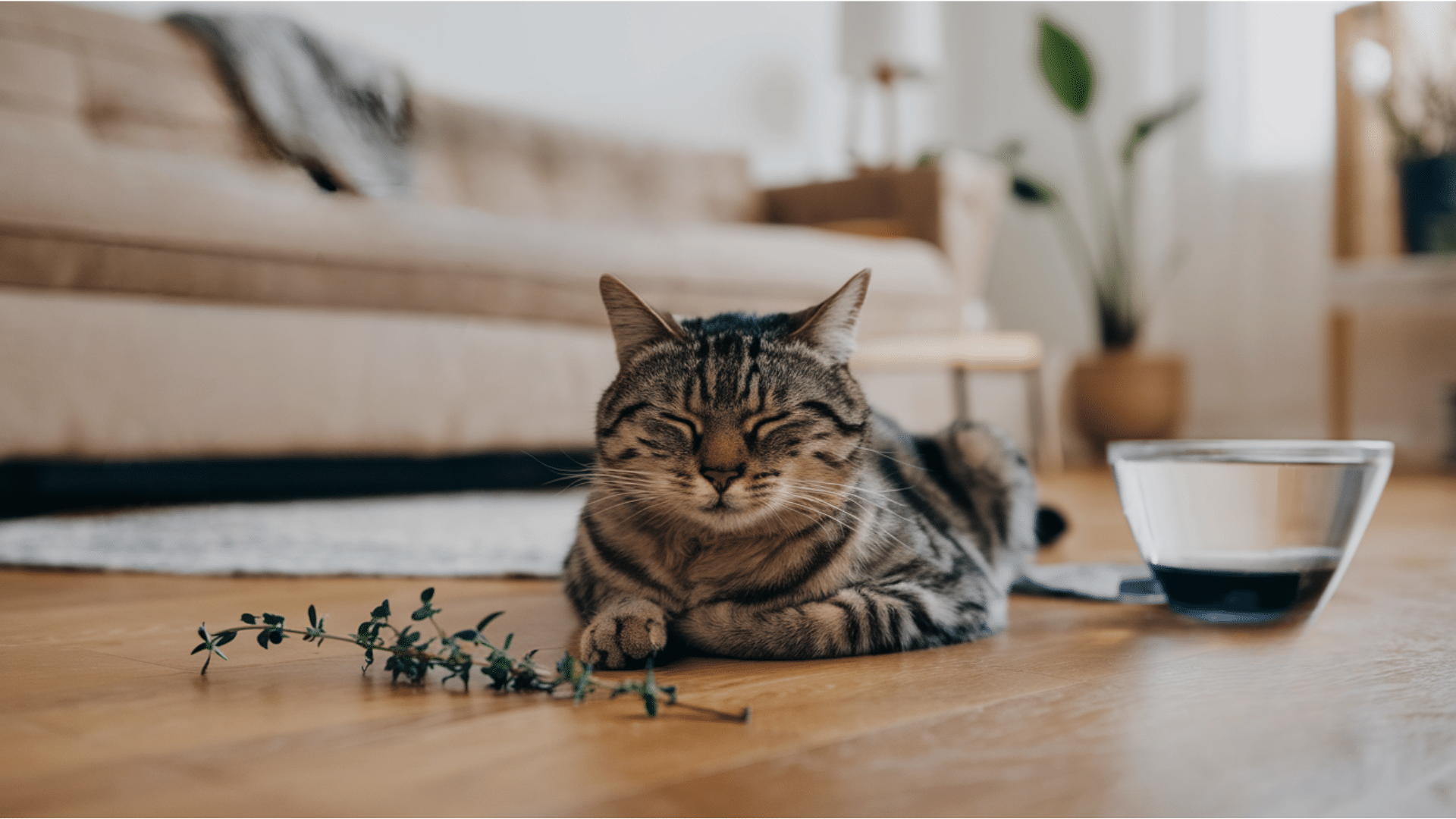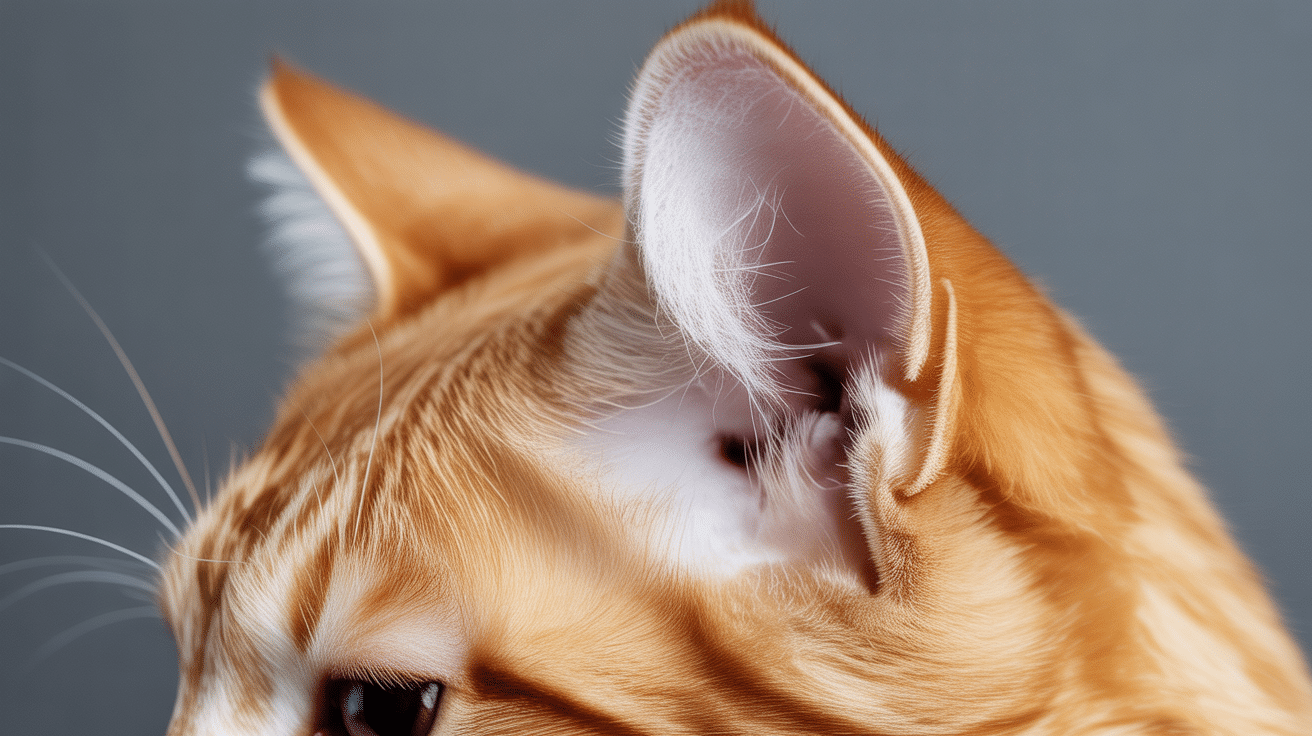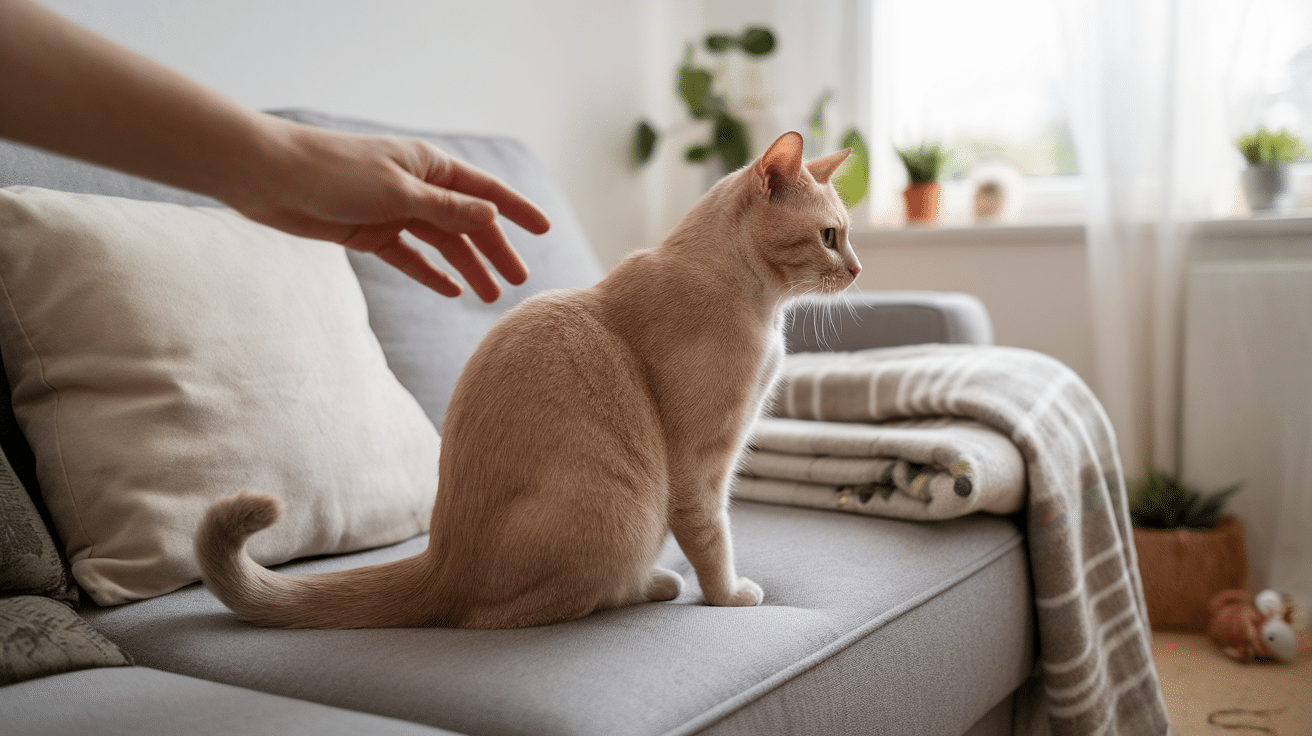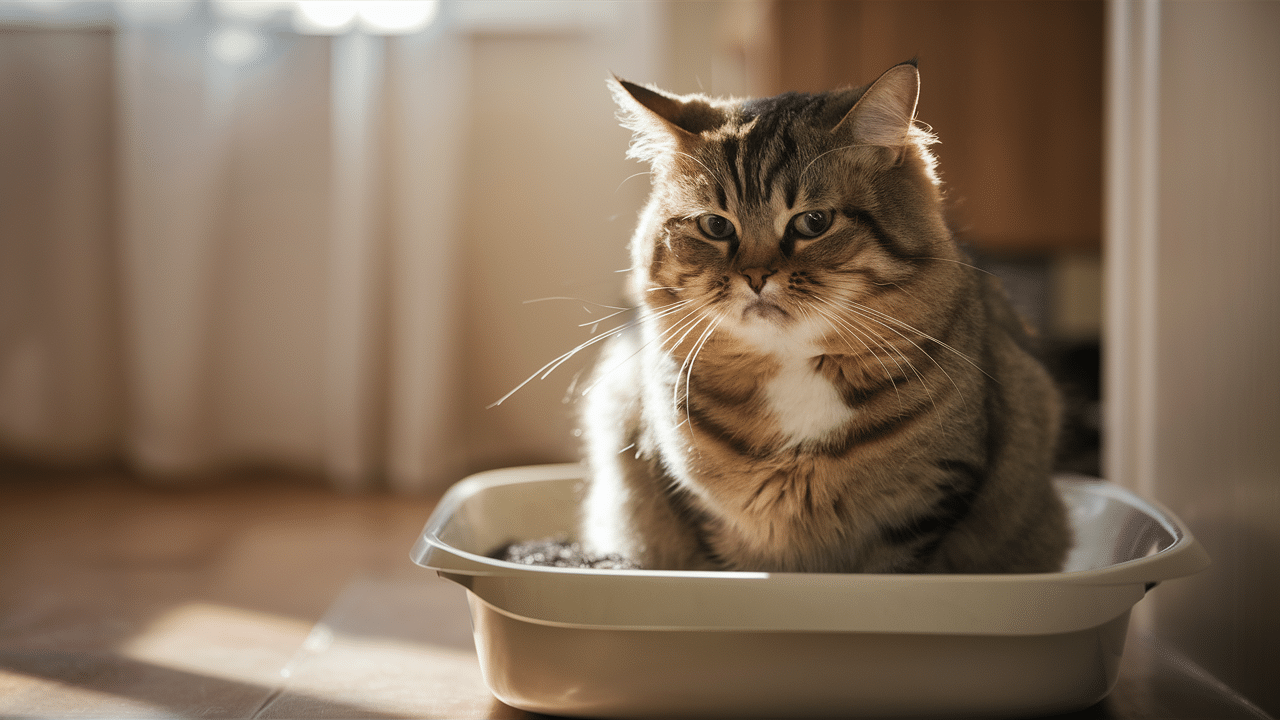Many cat owners worry about which plants and herbs are safe to have around their pets.
If you’ve been thinking about growing thyme or using it in cooking, you might wonder about its safety for your feline friend.
Cat safety requires careful attention since many common household plants can be harmful to them.
Their bodies process substances differently than humans do, making some herbs toxic while others are safe.
This guide looks at the facts about thyme and cats, helping you make informed choices about using this herb in your home.
Understanding Thyme and Its Types
What is Thyme?
Thyme is a small, woody herb that has been used for centuries in cooking and home gardens. It belongs to the mint family and has a nice smell that many people enjoy.
Thyme is most commonly used as a spice in cooking, where it adds flavor to meats, soups, and many other dishes.
You can find thyme fresh or dried in grocery stores. Many people also grow it at home because it’s fairly easy to care for and doesn’t need much space. The plant has small leaves that grow on thin, woody stems.
There are several types of thyme you might come across:
- Common thyme (Thymus vulgaris) is the type most often used in cooking
- Lemon thyme has a light citrus smell along with the usual thyme scent
- Creeping thyme grows low to the ground and is often used in gardens
- Wild thyme grows naturally in many areas
It’s worth noting that even with safe plants, cats should avoid eating large amounts of non-food plant material.
Their systems are made to handle meat primarily, so plant matter in large amounts can cause upset stomachs, even if the plant isn’t toxic.
Is Thyme Safe for Cats?
Non-Toxic to Cats
Good news for cat owners who love using herbs: Thyme is generally considered non-toxic to cats. The American Society for the Prevention of Cruelty to Animals (ASPCA) lists common thyme as safe for cats.
This means that having thyme plants in your home or using it in your cooking shouldn’t pose serious health risks to your feline friends.
Cat owners can grow thyme in their herb gardens or use it in the kitchen without major concerns about their pets getting sick if they nibble on it.
Unlike many other common plants that can cause serious health problems for cats, thyme doesn’t contain the compounds that typically cause toxic reactions in cats.
Possible Risks
While thyme is classified as non-toxic, there are still some things to keep in mind:
First, cats might have individual sensitivities to plants that are generally considered safe. Just like people can have allergies to foods that others eat without problems, some cats might react poorly to thyme even though most cats tolerate it well.
Second, eating too much of any plant material can cause an upset stomach in cats. Cats are meat eaters by nature, and their digestive systems aren’t built to handle large amounts of plant matter.
If your cat eats a lot of thyme, they might experience minor digestive issues like:
- Mild stomach upset
- Temporary changes in bowel movements
- Vomiting if they eat a large amount
Another factor to consider is any oils, additives, or fertilizers you might use on thyme plants. While the herb itself is safe, products used to grow it might not be. If you grow thyme at home, make sure you don’t use chemicals that could harm your cat if ingested.
In most cases, cats show little interest in eating thyme anyway, but it’s always good to watch for any unusual behavior if your cat does sample your herbs.
Health Benefits of Thyme for Cats
Nutritional Value of Thyme
Thyme contains several nutrients that could be good for cats in small amounts. This herb has vitamins A, C, and K, plus minerals like iron and manganese. It also contains helpful plant compounds called antioxidants.
Vitamin A supports eye health and immune function in cats. Vitamin C, while cats can make their own unlike humans, provides extra antioxidant support. Vitamin K plays a key role in blood clotting and bone health.
The antioxidants in thyme help fight harmful molecules in the body that cause cell damage. These compounds might help protect cells and reduce some signs of aging over time.
However, it’s important to remember that cats should get most of their nutrients from their regular cat food. Thyme should only be a tiny addition to their diet, not a main source of nutrition.
Anti-Inflammatory and Digestive Aid
Thyme has natural compounds that might help reduce inflammation and support digestion in cats. The herb contains thymol and carvacrol, substances known for their mild anti-inflammatory effects.
For cats with minor digestive issues, small amounts of thyme might provide some relief. Its natural compounds can help:
- Calm an upset stomach
- Reduces gas and bloating
- Supports healthy digestion
The herb also has mild antimicrobial properties that might help maintain a healthy balance of bacteria in the digestive system.
While these benefits exist, they’re most likely to be noticed when thyme is used in very small amounts as part of a balanced diet. Cat owners should not use thyme as a replacement for proper veterinary care when their cat has health problems.
Most cats will only consume tiny amounts of thyme naturally, which is the safest way for them to enjoy any potential benefits without risks.
What to Do if Your Cat Eats Thyme
Symptoms of Overconsumption
While thyme is not toxic to cats, eating too much of it can still cause some digestive issues. If your cat has consumed a large amount of thyme, you might notice these signs:
- Mild vomiting
- Loose stools or diarrhea
- Decreased appetite
- Excessive drooling
- Pawing at the mouth or face
- Lethargy or less energy than usual
- Abdominal discomfort (your cat might seem uncomfortable or restless)
These symptoms are usually temporary and mild. Most cats will naturally limit how much plant material they eat, but some curious cats might sample more than is good for them.
Steps to Take
If you catch your cat eating thyme or suspect they’ve eaten a significant amount, here’s what you should do:
- Remove access to the thyme plant or leaves immediately.
- Check how much they might have consumed by looking at the damaged plant or missing leaves.
- Monitor your cat closely for the next 12-24 hours for any symptoms listed above.
- Make sure fresh water is always available to help their system process the plant material.
- Temporarily withhold food for a few hours if your cat seems to have an upset stomach, then offer a small, bland meal.
When to call your veterinarian:
- If symptoms last more than 24 hours
- If your cat refuses to eat for more than a day
- If you notice severe vomiting or diarrhea
- If your cat seems particularly uncomfortable or in pain
- If your cat has any existing health conditions that might be complicated by digestive upset
Most cats who eat some thyme will be completely fine without any treatment. However, it’s always better to be cautious and contact your vet if you’re concerned about your cat’s behavior or symptoms.
Conclusion
Thyme is a safe herb for cats, offering a few minor health benefits when used in small amounts.
While most cats won’t show interest in it, it’s important to keep an eye on your pet if they do nibble on your thyme plants.
Moderation is key, as too much of even a safe herb can cause mild digestive issues. With that in mind, you can confidently use thyme in your kitchen or grow it at home without worrying about your feline friend.
Just remember that every cat is unique, so always monitor their behavior and consult your vet if you notice anything unusual.
For more helpful content on pet safety and plant care, be sure to check out our other blogs.









